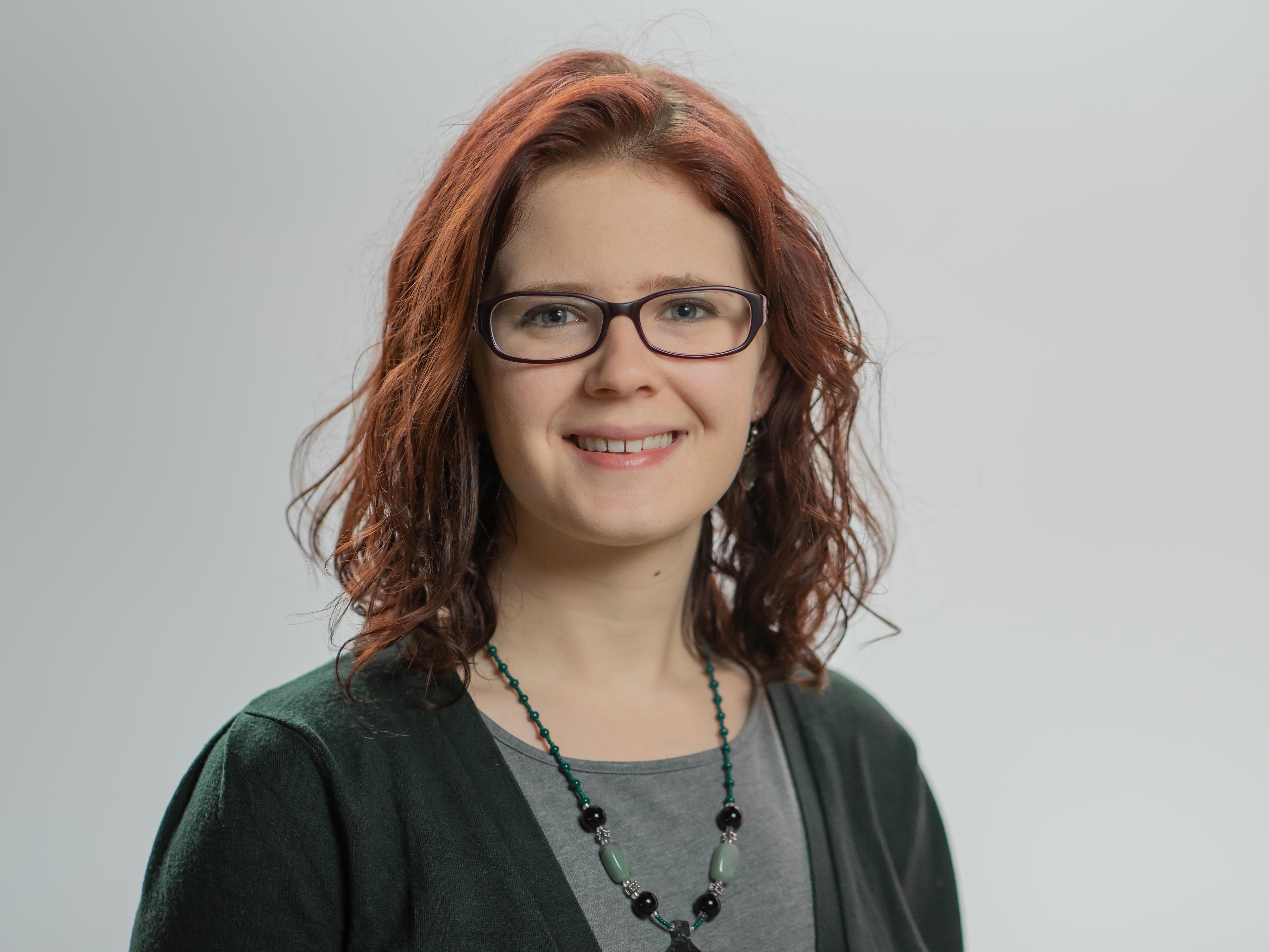Peace Studies, Mechanical Engineering Pave Career Path for Alumna Sydney Litterer
By Julie Wrinn
 By choosing to attend the University of Kentucky, 600 miles away from her childhood home in Manchester, Iowa, Sydney Litterer was testing herself. She had an interest in working abroad, and she figured that if she could handle going to college so far from home, she might be comfortable living overseas.
By choosing to attend the University of Kentucky, 600 miles away from her childhood home in Manchester, Iowa, Sydney Litterer was testing herself. She had an interest in working abroad, and she figured that if she could handle going to college so far from home, she might be comfortable living overseas.
“It was a bit of a test run,” she said. “I started looking out of state almost exclusively, and the international focus was a really big factor for me.”

 LEXINGTON, KY. (June 22) -- Sheila Jelen, interim director of the program in Jewish Studies and associate professor of Hebrew and Jewish Studies in the Department of Modern and Classical Languages, Literatures and Cultures in the College of Arts & Sciences at University of Kentucky, was recently awarded the Zantker Charitable Foundation Professorship in History.
LEXINGTON, KY. (June 22) -- Sheila Jelen, interim director of the program in Jewish Studies and associate professor of Hebrew and Jewish Studies in the Department of Modern and Classical Languages, Literatures and Cultures in the College of Arts & Sciences at University of Kentucky, was recently awarded the Zantker Charitable Foundation Professorship in History. LEXINGTON, Ky. (June 19, 2020) — It’s been said that history can help us understand the present and inform the future.
LEXINGTON, Ky. (June 19, 2020) — It’s been said that history can help us understand the present and inform the future.